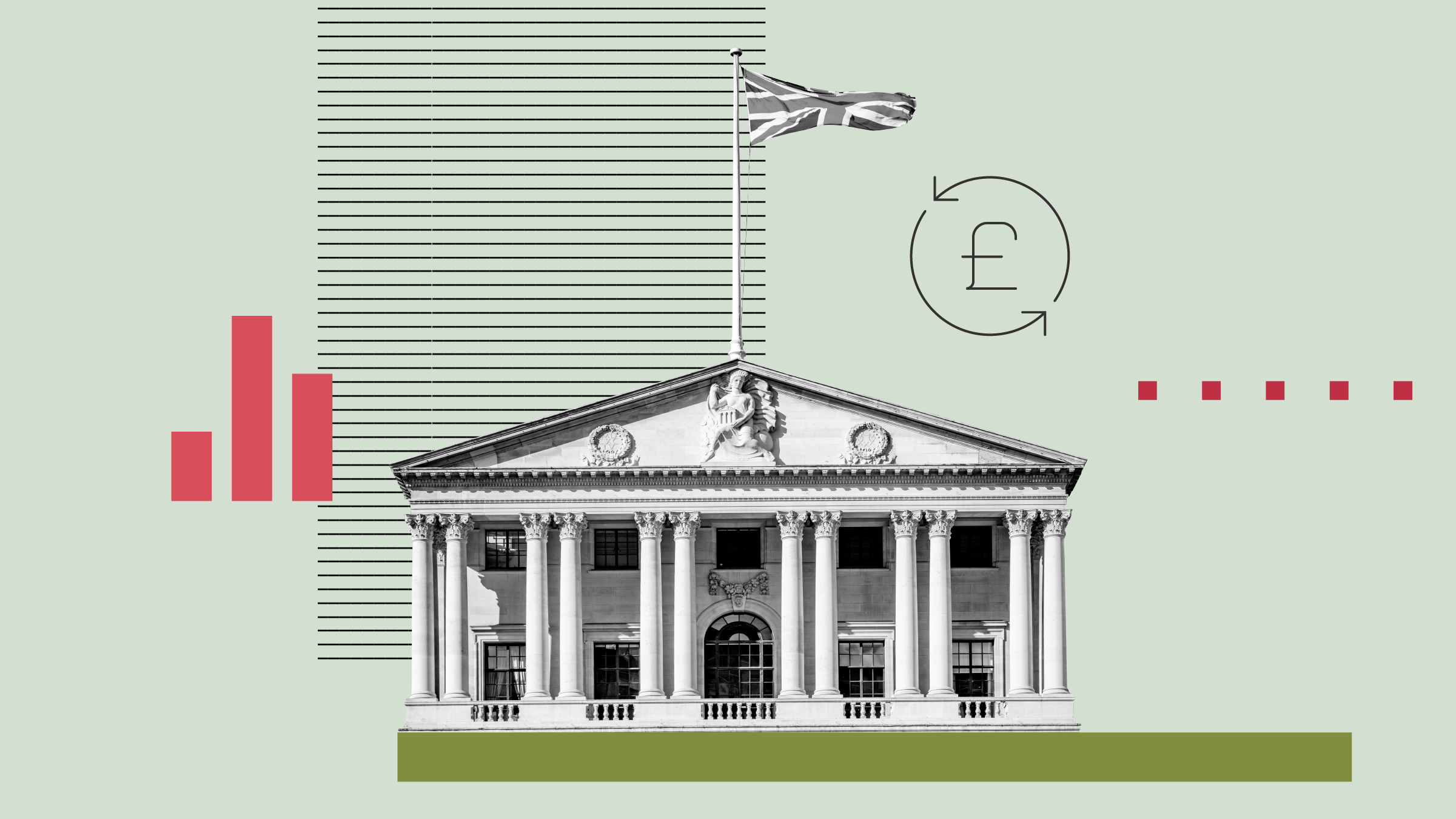The markets are wrong. This is essentially how Italy’s Prime Minister Silvio Berlusconi interpreted the recent jump in Italian sovereign bond yields and widespread market doubts that the fundamentals of the Italian economy and Rome’s fiscal policy are solid enough to sustain the country’s spending deficit.
“Either I am on Mars or he is on Mars,” responded the leader of the Italian opposition centre-left party Pierluigi Bersani on Wednesday, following Berlusconi’s highly anticipated parliament speech.
Indeed, we have seen market confidence in Berlusconi’s fiscal policy collapse. The most often cited proxy for this sentiment, the yield on Italian sovereign bonds, currently stands at 6.2% compared to 2.4% for German bunds. “The market has been telling us that there is a high chance of something wrong happening,” confirmed Jim Leonard, Morningstar’s equity analyst covering the Italian banking sector. Prompted by the widening spreads between Italian and German government bonds in the aftermath of the Greek debt crisis, Morningstar’s equity analysts have increased the chances of Italy restructuring its debt to 50%, given their belief that spreads are poised to continue this trend.
What Are Markets Afraid Of?
In reality, Italy is demonstrating some ability to better handle its budget, pointed out Leonard. The situation in Rome is not nearly as dire as it was--and remains--in Athens, he added. However, as the cost of borrowing for Italy increases, the country's ability to fill its budget gap by cutting expenditure becomes increasingly limited. What is typically known as a self-fulfilling market prophecy, in the case of Italy’s debt seems a lot like trying to fill up a sieve with sand.
An increase in investment confidence is crucial to putting an end to Italy’s uphill debt battle. Unfortunately, broader market conditions have been highly unsupportive of Berlusconi’s project. Global equity markets barely paused their downward march when U.S. Republicans and Democrats signed a last-minute debt deal, only to continue falling further on the back of disappointing macroeconomic news from the U.S. and renewed fears that developed markets may experience a double-dip recession.
“There is a general feeling of negativity and almost panic across the globe,” observed Leonard. Such sentiment sharply decreases investors’ tolerance for indecisive or inefficient fiscal policy and turns up the heat on peripheral European governments.
Panic: Are We There Yet
Widening bond spreads, tumbling markets and investors’ fleeing to ‘safer’ destinations all go to show that debt markets are on the verge of panic. A commonly-cited threshold that could mark the onset of crisis would be Italian or Spanish debt yields reaching 7%, though the reason for 7% is somewhat arbitrary. “This figure is a factor because people have said it is,” pointed out Leonard. Regardless the origin of market beliefs, however, investors acting upon them can be a source of concern, he clarified.
Market sentiment also finds little consolation in the fact that Portuguese, Irish and Greek bond yields are well beyond the 7% mark at the moment. Such dynamics are “known problems,” explained Leonard, while “the sheer size of Italy’s debt is over five times that of Greece, making a potential Italian restructuring a much bigger deal.”
Another key development to watch, said Leonard, is how Italian debt is rolled. Italy was recently unsuccessful in selling longer term maturity instruments, a sign that investors are unwilling to bet on the long-term solvency of Rome.
The Role of the ECB
One ray of hope for Rome and other troubled eurozone sovereigns is the response from the EU institutions. Leonard believes that the recent changes to the European Financial Stability Facility (EFSF), the eurozone’s lending facility, have the potential to “revitalise the market.”
In this context, much rests on the role of the European Central Bank and the EFSF as a buyer of peripheral sovereign debt. The ECB finds itself in the position of being one of the few market participants that can aid investor confidence by taking risks other bond buyers are reluctant to take. That might not have been the original ECB mandate, Leonard pointed out, but the role of the eurozone’s central bank has evolved under the current dire circumstances.
Worst Case Scenario
There are multiple scenarios that could materialise should Italy default. The eurozone would be left with another sovereign debt restructuring on its hands, despite the fact that the recent provisions made for Greece were designed as a one-off deal. Meanwhile, Italian banks will have to write down debt, leaving them potentially on the verge of insolvency, if not beyond it, given that banks such as UniCredit (UCG) and Intesa Sanpaolo (ISP) hold a third of their balance sheets in Italian debt. “Banks may not be insolvent, but they would be extremely low on capital levels,” Leonard said. He explained that at that point such Italian banks would need to recapitalise to either avoid outright insolvency or entice the market to keep investing in them, which would lead to substantial price dilution for current shareholders.
Other channels of contagion could be the balance sheets of non-Italian banks, which hold significant amounts of peripheral eurozone debt as well as branches of Italian banks operating in emerging central and eastern European markets.
The recent EU-wide stress test disclosed that in addition to Spanish, Italian and Greek banks, which have been known to hold substantial amounts of their respective countries’ debt, a number of German and French banks, including Dexia (DEXB), Commerzbank (CBK) and BNP Paribas (BNP), have high exposure to potentially problematic debt instruments. That said, Maclovio Pina, Morningstar’s equity analyst covering Spanish banks, explained that while banks in the eurozone periphery hold up to 250% of their core capital in sovereign debt obligations, German and French banks have under 100% of their core capital exposed to peripheral debt.
The Most Likely Scenario
“If I had to bet,” said Leonard, “I would bet that Italy doesn’t have to restructure.” However, he was quick to point out that the probability of default is high. “It is the multitude of factors that weigh on the Italian debt situation that makes it particularly difficult to forecast how the situation may turn out,” he said.
This is also why it is so difficult to pinpoint what it is that markets need to regain confidence. “Sometimes it just takes time,” pointed out Leonard. Taking a lesson from past crises, he noted that there may be a period of “hanging on the bottom” before markets begin to regain confidence. Such a period of negative inertia is the most probable outcome, in Leonard’s view, though the odds of a much worse scenario are not far behind.
























